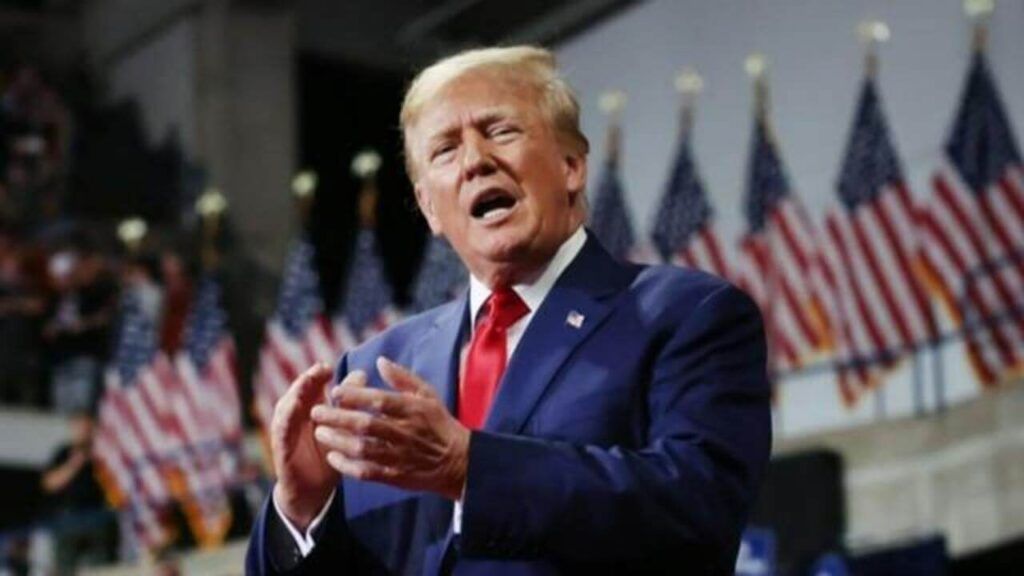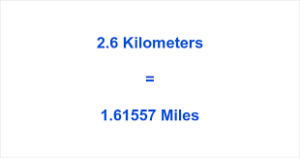Justice Department representatives and the Mar-a-Lago special master meet.

THE NEW YORK On Tuesday, attorneys for Donald Trump are meeting with Justice Department prosecutors and the special master chosen at the former president’s request to examine documents seized from his Florida property in a federal courtroom in Brooklyn.
Trump’s attorneys made a startling admission on Monday, acknowledging that the investigation into the documents could result in an indictment. They claimed that any attempt to force Trump to clarify now whether he declassified any of the seized documents would require him to “fully and specifically disclose a defense to the merits of any subsequent indictment” without such a requirement being made clear in the District Court’s order.
The attorneys acknowledged at least the prospect that the former president or his advisors would face criminal charges in the case by voicing that worry. Although they have not formally claimed that the former president did so, Trump’s legal team has repeatedly implied in court filings that he might have declassified the records.
Trump’s attorneys admit that an indictment may result from the Mar-a-Lago case.
Federal Judge Raymond J. Dearie, the newly appointed special master, is deliberating how to analyze over 11,000 papers obtained on August 8 during an FBI search of Trump’s home and private club, 100 of which have classified markings.
Tuesday at 2 p.m., he met with both parties for the first time.
Following months of evasion by Trump’s legal team on what classified documents he had in his possession after leaving the White House and whether he had given them all back to the government, prosecutors claim the search was required to collect highly sensitive national security files. Officials claim they are looking into a number of alleged offenses, including withholding or deleting government data and improper handling of information pertaining to national defense.
According to Trump’s legal team, the Justice Department is allegedly attempting to transform a records-keeping dispute with the National Archives and Records Administration into a criminal prosecution.
Trump requested that a special master, an unbiased third-party legal expert, review the seized documents to determine which may be covered by claims of attorney-client privilege or the much more ambiguous and contentious assertion of executive privilege. U.S. District Court Judge Aileen M. Cannon, a Trump appointee, granted Trump’s request.
Even though the Justice Department is contesting some aspects of Cannon’s ruling, Dearie ordered both parties to appear in his courtroom on Tuesday after Cannon chose him to be the special master.
The FBI and Justice Department are not permitted to use the classified documents as part of their criminal investigation while the particular master review is going on, according to the prosecution’s request that a higher court stays Cannon’s ruling. This decision stated that Dearie should review both the classified and nonclassified documents.
Tuesday, in response to that claim, Trump’s legal team reiterated their claim that the prosecution may be mistaken about whether the 100 documents at the center of the case are classified.
“The Government assumes once more that the materials it says are secret are in fact classified and that their segregation is impenetrable. The Trump brief asserts that the Government has not yet established this crucial fact.
According to people familiar with the search who spoke on the condition of anonymity to discuss delicate details of an ongoing investigation, among the classified material the FBI retrieved from Mar-a-Lago was a document outlining a foreign government’s military defenses, including its nuclear capabilities.
According to these sources, some of the seized documents contain information about highly classified American operations that are so closely guarded that only the president, select members of his Cabinet, or a near-Cabinet-level official could give other government officials the go-ahead to know specifics about them.
Records pertaining to these programs are maintained behind closed doors, almost invariably in a secure information facility with compartments, with a designated control officer to keep close track of their whereabouts.







